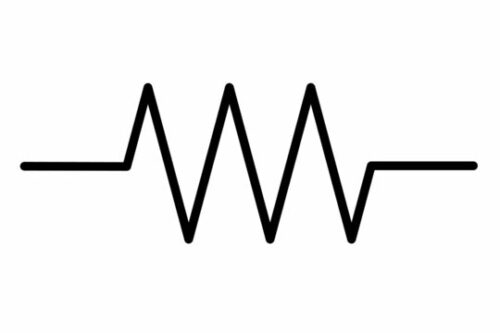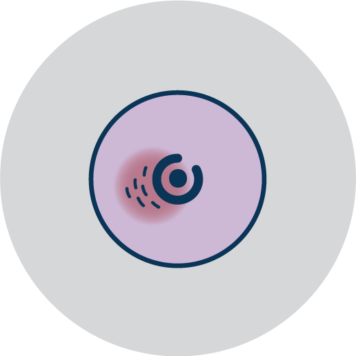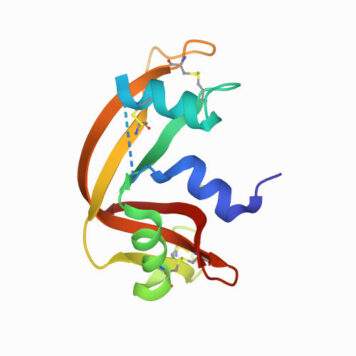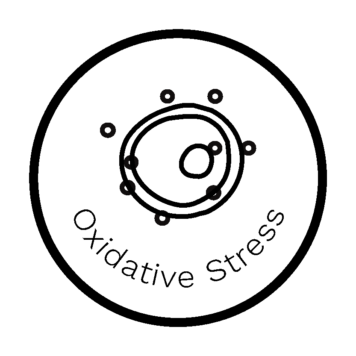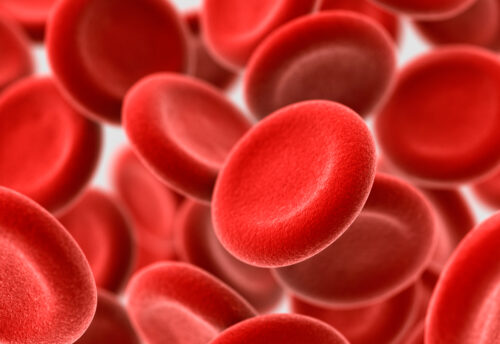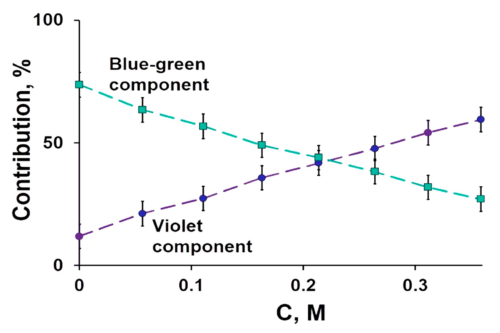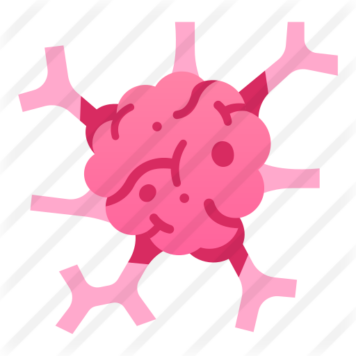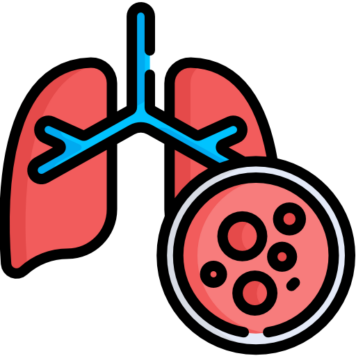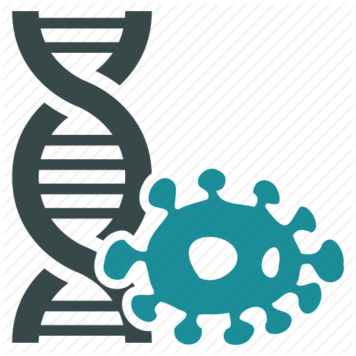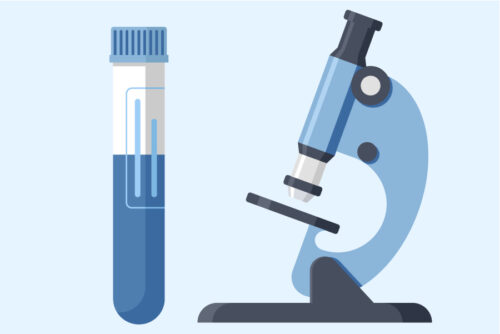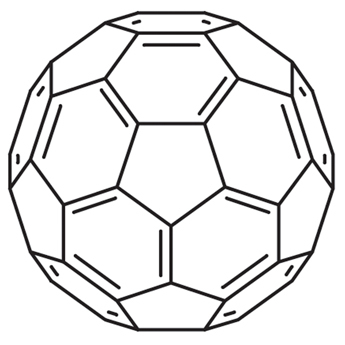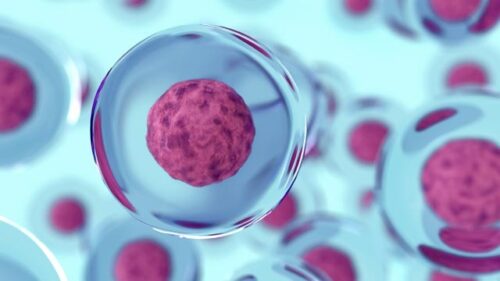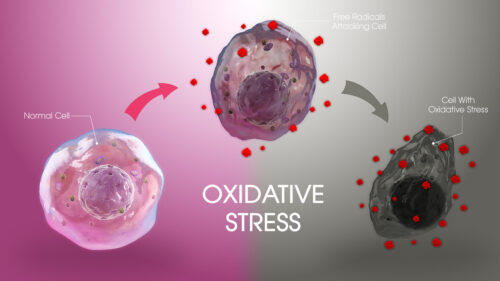Physically diverse carbon nanostructures are increasingly being studied for potential applications in cancer chemotherapy. However, limited knowledge exists on the effect of their shape in tuning the biological outcomes when used as nanovectors for drug delivery. In this study, we evaluated the effect of doxorubicin-conjugated single walled carbon nanotubes (CNT-Dox) and doxorubicin-conjugated spherical polyhydroxylated fullerenes or fullerenols (Ful-Dox) on angiogenesis. We report that CNTs exert a pro-angiogenic effect in vitro and in vivo. In contrast, the fullerenols or doxorubicin-conjugated fullerenols exerted a dramatically opposite antiangiogenic activity in zebrafish and murine tumor angiogenesis models. Dissecting the angiogenic phenotype into discrete cellular steps revealed that fullerenols inhibited endothelial cell proliferation, while CNTs attenuated the cytotoxic effect of doxorubicin on the endothelial cells. Interestingly, CNT promoted endothelial tubulogenesis, a late step during angiogenesis. Further, mechanistic studies revealed that CNTs, but not fullerenols, induced integrin clustering and activated focal adhesion kinase and downstream phosphoinositide-3-kinase (PI3K) signaling in endothelial cells, which can explain the distinct angiogenic outcomes. The results of the study highlight the function of physical parameters of nanoparticles in determining their activity in biological settings.
Related researches 41 articles


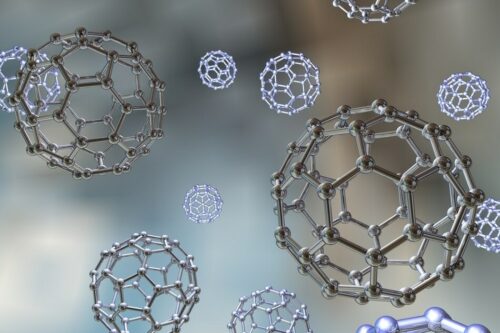

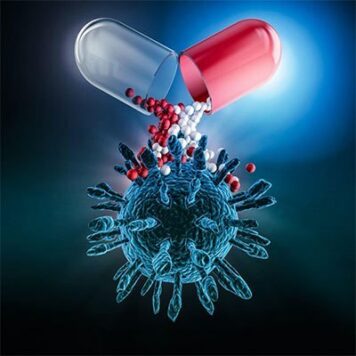
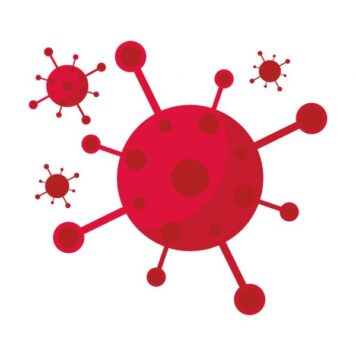
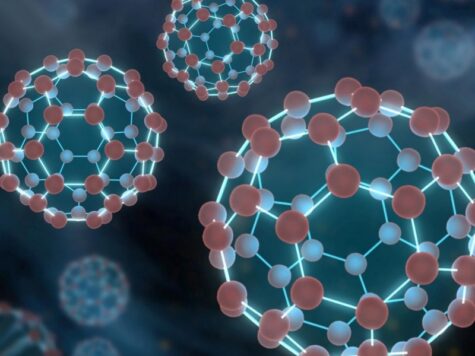


![Biocompatible [60]/[70] Fullerenols: Potent Defense against Oxidative Injury Induced by Reduplicative Chemotherapy](https://biofullerene.com/wp-content/uploads/2022/11/istockphoto-65584859-356x356.jpg)





